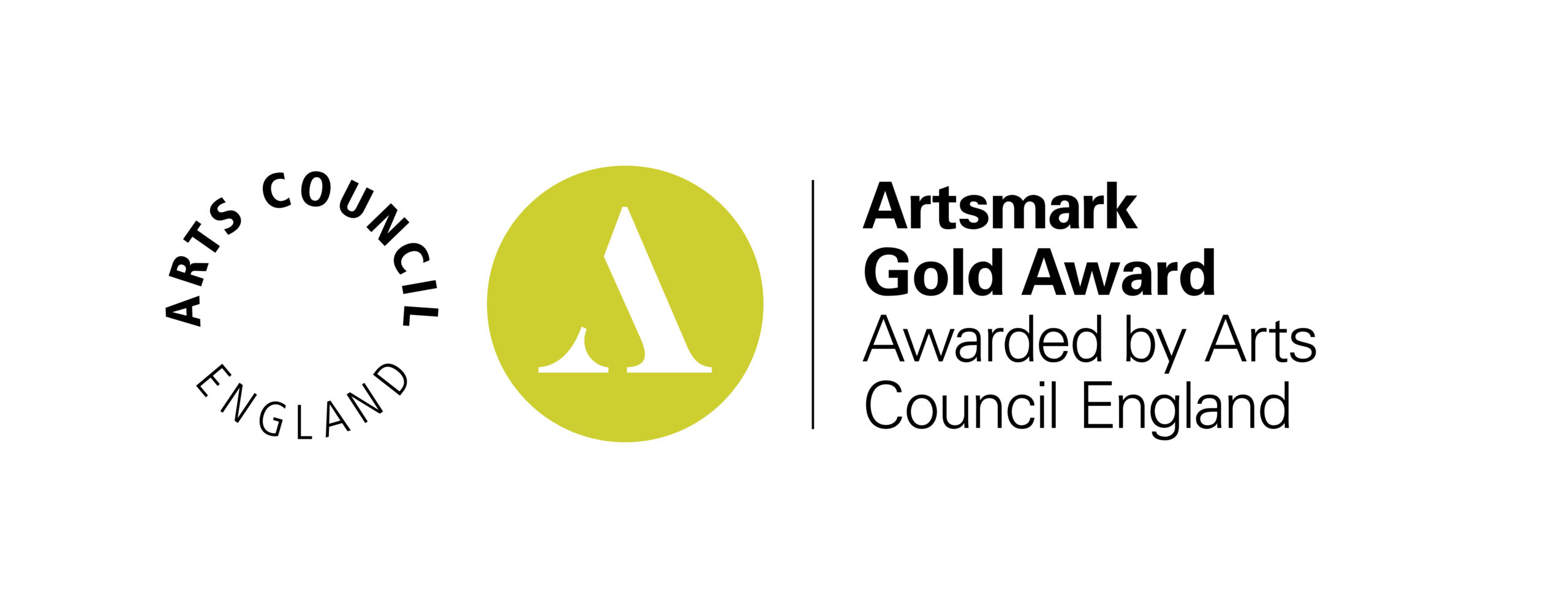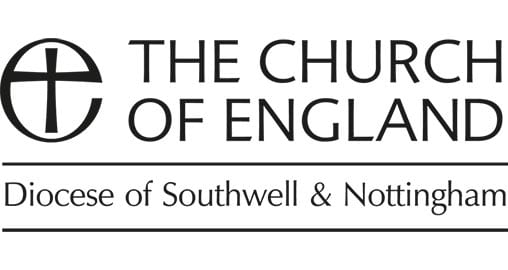Just before the Easter break, a group of year 9 students visited the Holocaust Centre in Laxton, as part of our religious education curriculum exploring the stories of ordinary people who have been victims of prejudice and discrimination.
Hearing the narrative of John Fieldsend as a Kinder transport survivor punched home the realities of racism. Students explored at length what it means to be Jewish, what makes someone Jewish and how society can become bystanders instead of upstanders. Racism begins with name calling, bullying and accepting stereotypes to feed a prejudice. We were all challenged by how conspiracy theories and fake news can elevate this feeling of hatred towards specific groups in society.
After reading the testimonies, experiencing the realities of the chronology of the Holocaust and looking at artefacts donated by Jewish families to the museum, we were linked by a zoom call to 93 year old John.
John’s personal story of survival explored how loss had shaped him. His happy life began in Opava in Czechoslovakia, then a move to Dresden Germany allowed the family to live in comfort, until life for him as a young boy was shattered by being called a ‘dirty Jew’ and his friends rejecting him. He said the “games stopped” and signs were erected stating that Jewish guests were not welcome here, despite this place being his home. John shared how his life twisted and turned with Hitler’s invasions and plans, until a painful parting from his parents happened in 1938. He arrived in Sheffield with his eldest brother until the Nazi bombings began in the Sheffield steelmaking areas.
This story opened up the conversations about refugees, coping with prejudice and how it takes immense strength to forgive the oppressors.
“This cannot be allowed to happen again.”
“I feel a sinking feeling in my stomach – can you feel it.”
“I cannot look at the faces of children without my heart twisting.”
“Why!!”
Such raw emotions and a real sense of empathy expressed by the students is precisely the critical exploration and thinking, the Holocaust Centre aims to stir in our next generation. We are immensely proud of the maturity and respect our students displayed whilst at the Centre.
As the Exhibition comes to a close, this quote on the final board becomes poignant:
“To honour the memory of those who perished, we should not be silent when we see hatred and prejudice. The responsibility to protect our society lies with us all… To stand up, to speak up, to challenge and to act”
It is such a privilege to walk alongside our students who are shaping our future society and world. Having the confidence to call out, question fake information and really view people as humans, is heart-warming. These students were a credit to both QEA and their own families.
“I reacted to the discrimination by talking about it. It brought me healing. Sharing my story has helped me heal. I have been able to get rid of my anger and begin to forgive”
John Fieldsend, survivor of the Holocaust.
One final thought from John to the students:
“Have a good time with your mates. Life is not easy for some. Look out for people who are struggling. Go out of your way to be their friends. Talking, sharing and caring brings healing”
A thought we could all act upon, so this part of history can never be allowed to happen again.




